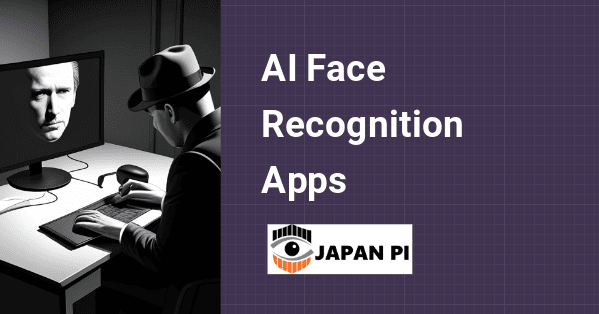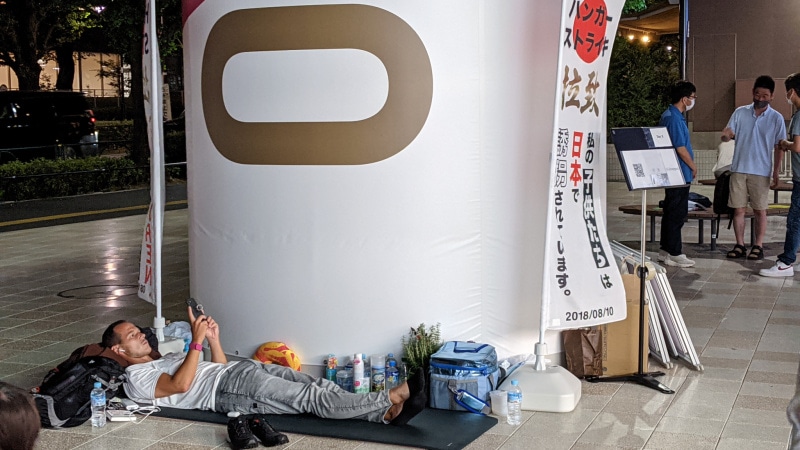What Services PIs Can Offer
The general public knows very little about the private investigation (PI) industry.
Ordinary people typically believe that private detectives mainly handle cheating spouse investigations. However, the range of services covered by the PI industry is almost equal to the service range covered by lawyers. Investigation services cover everything from individual problems to corporate problems and international trade frictions.
What Services You Need
First, you need to figure out what problem you have that requires hiring a detective. As mentioned above, the PI industry covers a variety of services. Each company specializes in different types of services: surveillance, interviews, due diligence, services for individuals, business, law firms, etc.
How PI Industry Works
Normally, the PI industry has a pyramid structure similar to the construction industry: primary contractors and subcontractors. Private investigators are not necessarily good at marketing. The primary contractors who are good at advertising and sales will receive orders directly from customers. The primary contractors then place the jobs with subcontractors. It is not easy for primary contractors to hire in-house investigators due to the instability of the PI business. PIs usually take orders on a per case basis. Long-term periodical orders are quite rare. The subcontractors who are not good at sales mainly take subcontracting work orders.
The companies that focus on surveillance that is prone to have a large unit price for operations especially cannot expect stable sales. So, they can only hire a limited number of dedicated investigators.
If you can hire subcontractors directly, the unit price will go down. However, subcontractors are generally not good at advertising. So, you cannot find them easily. Also, subcontractors lack case management capabilities. Therefore, they may not be good at planning and consulting.
I liken this to team sports, like soccer, baseball, etc. Subcontractors and field agents are on-the-site players. They will perform well only under the supervision of the manager or the coach of the team.
How PIs Quote
The PI industry is not known to everybody, but it is a part of all economies. Agencies must pay bills for advertisements, wages, office rent, recruiting, etc. like every company else. As private investigations are manual labor-centric work, PIs typically charge by the hour. The going hourly rate should be somewhere around JPY8,000 and JPY15,000 (US$70.00 – US$140.00).
You should consider how many hours your case requires before it reaches its goal. The total hours of work will vary depending on the skill level and the resourcefulness of the investigators. However, you should discuss how they work and how much time and effort they are likely to spend on your problem.
Understand How They Get Results
If you can, investigate the problem, you want to solve with data that is legally available. If you cannot collect data, you will have to use a “human” method, i.e., behavioral investigation and listening. Then, personnel expenses will be costly. Detectives who appear in dramas, movies, and novels are all virtual. Many things they do cannot be done legally. So, it is important to research in advance what kind of investigation is lawful and what cannot be done as the basis for a decision.
Smear Campaigns
There are many articles about “How To Avoid Malicious PI Agencies” online written in Japanese. Many of them could trigger a negative image of the entire PI industry. Typically, they make an appeal to the audiences, claiming that they are truly trustworthy by referring to the negative side of the industry. In my opinion, this logic could only harm the general perception of the entire industry.
How Is Japan Market
Here, I will talk about the general situation of the PI industry in Japan compared to the situation in other countries. Since Japan is still an isolated country in many fields, there is distinctive uniqueness in the legal system, administration system, culture, language, and business customs, which are closely related to the detective works.
Licensing System Of PIs
The Act On The Regulation of Private Detective was enforced in June 2007 in Japan. After this, the private detective business is required to register themselves to the public safety board. Disqualification grounds for registering the detective industry were set up: One has not been prosecuted for the past five years, and the one has not been the member of organized crime forces for the past five years.
The registration itself is easy. But after the registration, the police may conduct an on-site inspection. You must be well prepared for the paperwork before the inspection. Otherwise, you will get an administrative discipline. In other words, you need to learn the PI laws well before operating the PI business.
Privacy Laws
The scope of a private investigation is also greatly influenced by the availability to the public of records held by the government.
According to The Act On Private Investigation in Japan, the private detective business is defined as follows:
Upon receipt of a request from another person, with the aim of collecting information on the locations or movements of specific persons, private investigators shall conduct interviews, surveillance, or any other similar methods to gather information about the request and report the results of the investigation to the client.
However, since the PI business plays the same role as the police in private matters, it must cover a much more full range of criteria. In my opinion, the essential work of private investigators is the investigation of open source data, including government-held records, other publicly available records, and the procedures of the third-party disclosure. Therefore, the disclosure policy of a government toward various kinds of government is the primary factor that determines the capability of private investigators in that country.
Citizen Documentation System
It is the privacy laws of a country that significantly affect the nature of private investigations in a state. It is inevitable that privacy awareness is increasing worldwide, and we’re seeing more and more strict privacy laws.
In Japan, almost all personal data is confidential without third-party disclosure rules, except company registry, real estate registry, and bankruptcy records. Another set of exceptions are the professional claim rights of attorneys for the Koseki family registry records, Juminhyo residence registry records, and the Japanese citizen documentation records.
Strict privacy laws are fine. But there are some cases where third-party disclosure of government-held records is necessary to protect the life and assets of the victims of civil cases. Setting up those disclosure rules remains to be seen in the future in Japan. Otherwise, PIs in cannot serve the clients well in the real sense as the policing agencies for civil cases.
Bankruptcy Records
Bankruptcy records are listed in the National Gazette, which is open to the public. But the registration data only includes the full name and the address at the time of the person who filed the bankruptcy. In that sense, without a complete address history record of the person, it cannot be used as the perfect search apparatus.
Court Records
It is also essential data to operate private investigation businesses in other countries. However, court records (civil or criminal) records are mainly confidential. Believe it or not, this practice is just an inside rule of the courts. None of the pertinent laws mention anything about this rule.
Credit Reports
Credit reports can only be shared among financial institutions by law. There is no way credit reports can be used for employment, litigation, or due diligence purposes. It used to be a common practice that companies checked these records with confidential sources for employment screenings. But there was a series of sweeps against this practice by the police around 2012. After that, the police kicked out all the confidential sources for PIs.
Process Serving From Foreign Courts
Delivery of legal documents from foreign courts is also problematic in Japan. Based on the laws in Japan, even the documents from courts must be delivered by the post office. However, in many foreign countries, legal documents must be served in person.
To bridge the gap, Japan signed the Hague Service Convention, and it was enforced on July 27, 1970. According to this convention, international process servings are made through the Ministry Of Foreign Affairs and local Japanse courts. Due to this convention, personal process servings are not officially legitimate. The personal delivery could become invalid if the respondent files a complaint at the Japanese court.
Asset Search
The asset search is another issue in the PI business in Japan. There is no court injunction system in Japan, and there is no mandatory disclosure system for the asset search, even with a judgment or a legal reason. It is almost impossible to locate the financial assets of debtors, and the real estate registry records do not allow us to run a name-based search. Therefore, there is no comprehensive reverse real estate ownership search (finding real estate properties from the subject’s name) in Japan. (However, there are some alternative ways to locate assets of debtors.)




